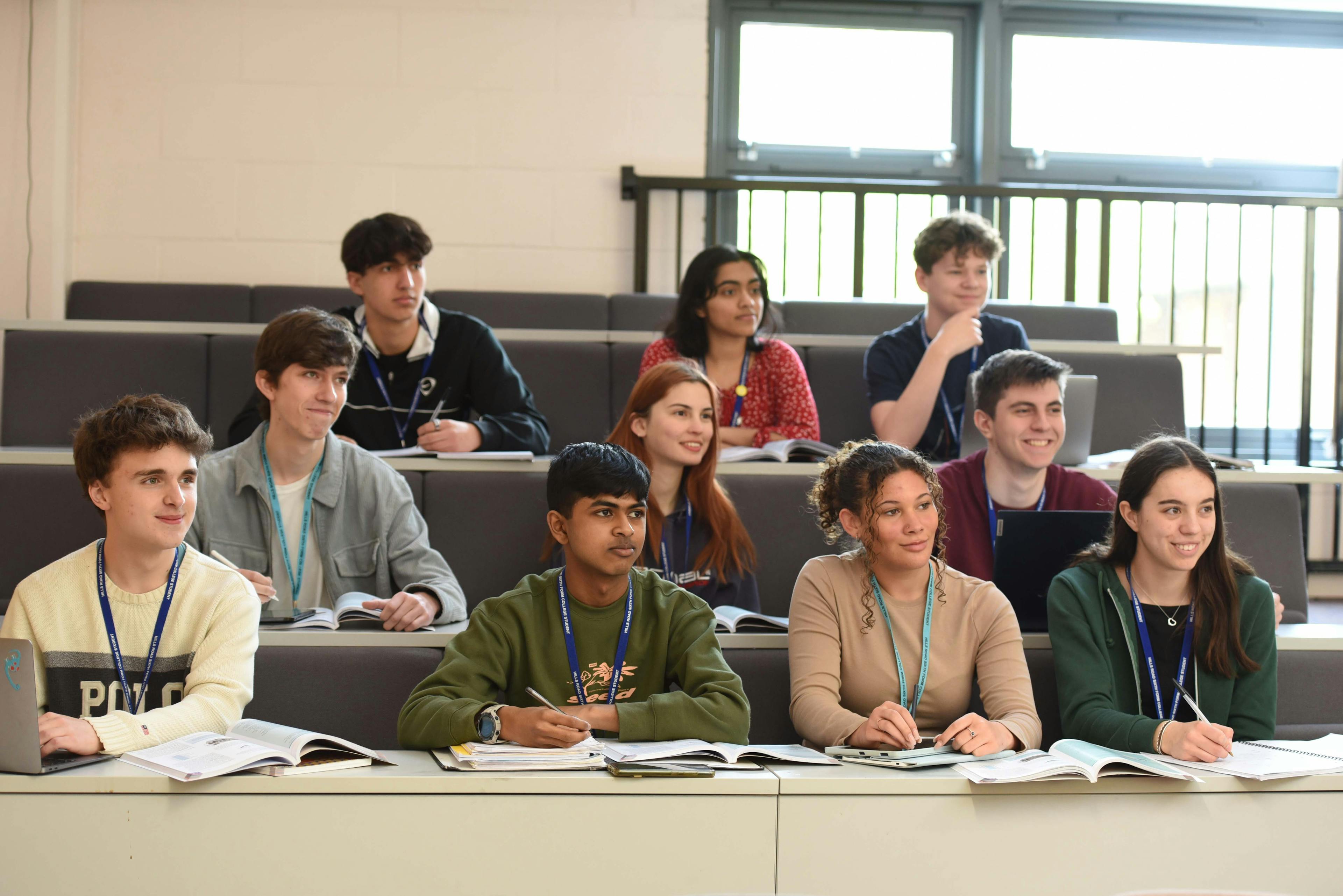
Physical Education
Course type
Level 3
Awarding Body
Pearson
Duration
2 years
Introduction to Physical Education
The scientific study of exercise, health and sport. The scientific study of exercise, health and sport is big business, from the riches of professional sports to the equally important personal fitness sector. The impact of sport on both our individual lives and the global economy cannot be overstated.
Entry requirements
Subject grades: option a
GCSE grade 6 or Merit in Physical Education (or similar subject title) and 6 in Mathematics or a 6 in one Science.
Subject grades: option b
GCSE grade 6 in English Language or English Literature, 6 in Mathematics or 6 in one Science, and 4 in Physical Education, if studied.
Required Admissions Score
The indicative Minimum Entry Admissions Score for Physical Education is 58.
Watch our Physical Education video
About the Course
Are you interested in anatomy and physiology, biomechanics, sports psychology, diet and nutrition, skill acquisition and sports commercialisation?
A level PE will provide you with a fantastic insight into the amazing world of sports performance. Whether you aspire to work within the sport sector or are looking for a varied, challenging and fun third subject, A level PE represents the first step towards your future career.
Our students go on to study sport-related courses at a number of the UK’s leading universities.
2024 Physical Education A level results
Course information
Scientific Principles
- Applied anatomy and exercise physiology (musculoskeletal, cardiorespiratory, neuromuscular, energy systems, diet & nutrition and training principles).
- Biomechanics (motion and forces applied to physical activity).
Psychological & Social Principles
- Sport psychology (factors affecting performance - personality, arousal, anxiety, aggression, motivation and dynamics of group processes).
- Skill acquisition (theories of learning & performance that underpin coaching principles).
- Sport and society (impact of ethics on sport including deviance in sport, the growing influence of the commercialisation of sport and the relationship of sport & the media).
Practical Performance
- Assessed as a performer or coach in one sport. You do not need to be a high-level performer to study A level PE.
Performance Analysis/ Development Plan
- Technology underpins the whole course whether enhancing, analysing or monitoring performance (you’ll have access to university science labs and some of the latest equipment for analysing health and exercise).
Want to find out more about your core A level programme?
Future Ready ProgrammeHear from our students
Quick facts
Find out more

A level subjects

Latest news from the College

